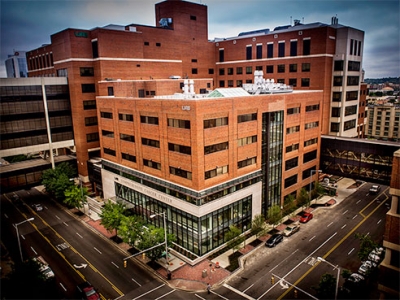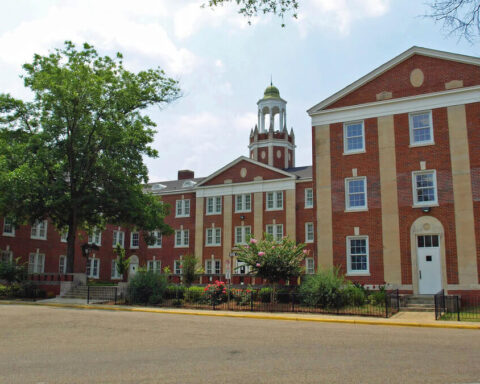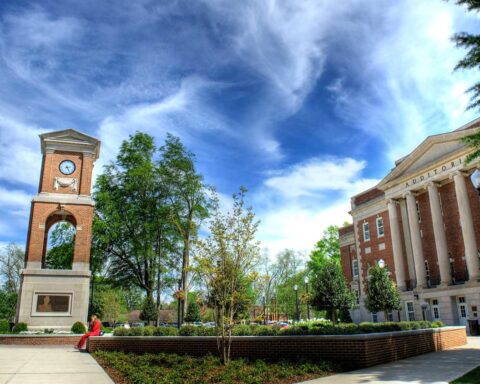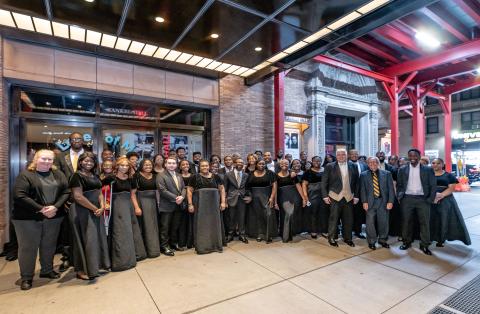By Jesse Chambers
The University of Alabama at Birmingham (UAB) and Alabama State University (ASU) have received a $1.5 million grant from the National Cancer Institute at the National Institutes of Health to fund a four-year effort to help reduce cancer health disparities among minorities in the state.
The grant will be used by ASU and the UAB Comprehensive Cancer Center (CCC) to develop a pool of scientists to conduct community-based research in ways to reduce those disparities, according to a CCC news release.
The UAB-ASU partnership seeks to develop and mentor junior faculty members and to build the administrative infrastructure necessary to conduct cancer research at ASU, which is a historically black college.
Basic research efforts will focus on prostate and colorectal cancers, which affect a disproportionate number of minority individuals.





